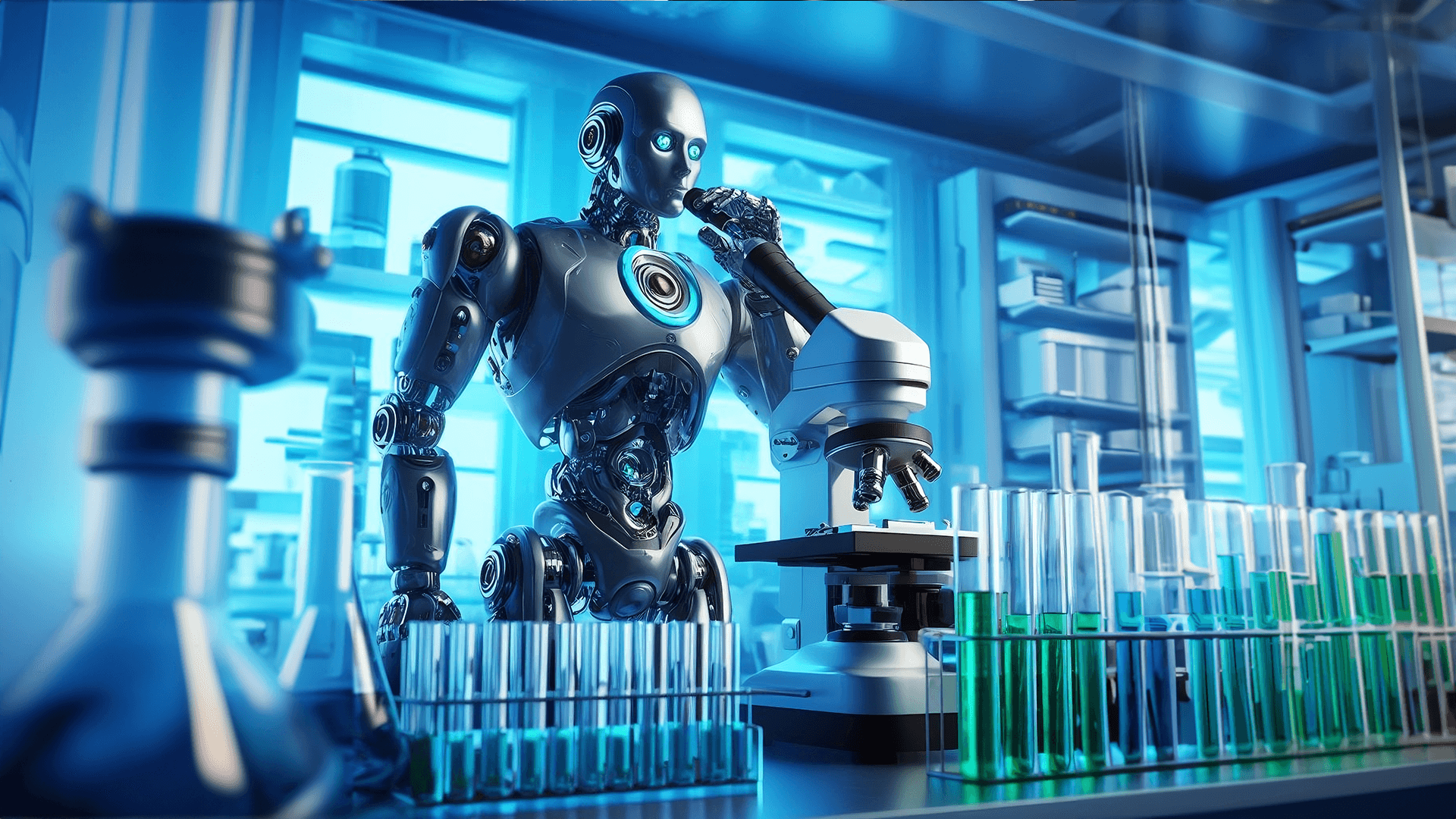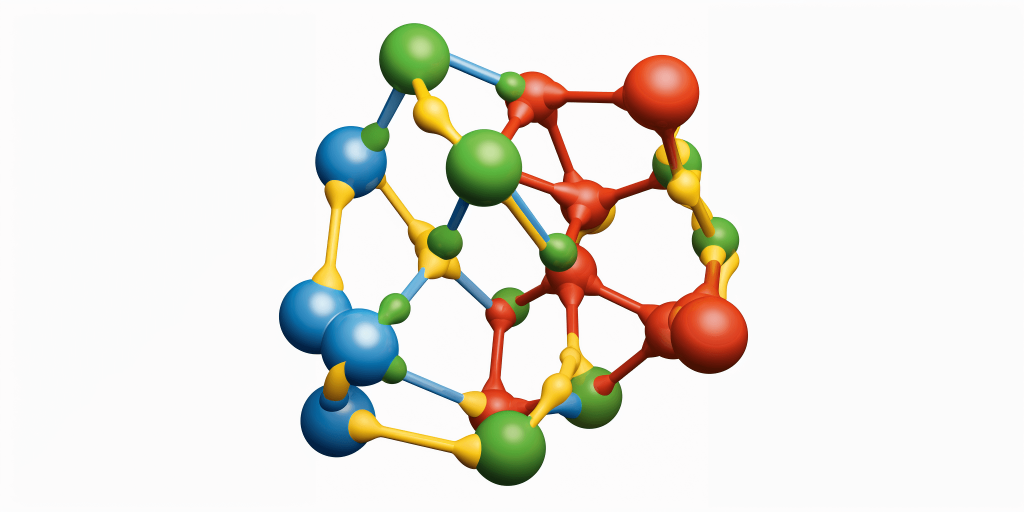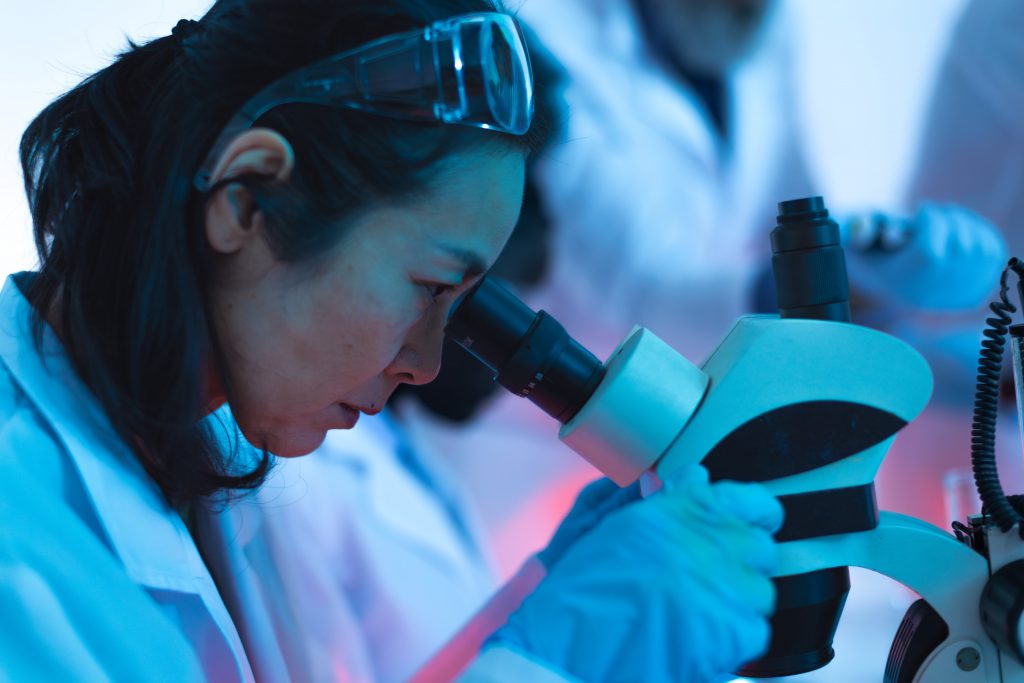Life Sciences and the AI Revolution

Everyone’s talking about AI these days! There’s hardly a week goes by without a raft of new apps being launched or corporate announcements being made, applying Artificial Intelligence to everything from creating art to trading stocks to helping kids with their homework.
It’s inevitable, therefore, that AI will be having a massive impact on healthcare and the life sciences. Just as in other fields, there is barely a week goes by without new tools and techniques being unveiled that employ deep learning and artificial intelligence in research or genetics or the diagnosis of ailments.
Here, we’re going to round-up a few of the most exciting developments. But, first, a little background:
Table of contents
- What is Artificial Intelligence?
- The Potential Applications of AI in Medicine
- Using AI to Detect Cancer
- Big Data Harnessing Artificial Intelligence to Help Big Pharma
- Further Reading
So, what is Artificial Intelligence?
Artificial Intelligence, is the field of computer science that aims to create machines and systems that can perform tasks that normally require human intelligence, such as reasoning, learning, decision making, and problem solving. AI can be broadly classified into two categories: narrow AI and general AI.
Narrow AI, also known as ‘Weak AI’, can perform specific tasks or functions. For example: translating written prompts into images (most obviously with Midjourney, although there are many other platforms incorporating this technology now). This is also excellent at recognising patterns (such as facial recognition software used by the security services). Or, the technology can simply respond to your verbal commands and play your favourite music (such as Alexa or Siri). Narrow AI systems are designed to follow predefined rules and algorithms, and they do not have reasoning skills and, therefore, cannot make judgements about their tasks or explain their actions.
General AI, also known as ‘Strong AI’ or ‘AGI’, is the type of AI that can perform any task that a human can do, such as understanding natural language, generating novel ideas, or exhibiting emotions. This is the type of AI which the movies tell us will become ‘self-aware’ and create Terminators. Well, the good news is, while the last 12 months have seen quantum leap improvements in Narrow AI, there has been virtually no progress made on AGI. Some reports believe it is still decades away.
As Bill Gates (who knows a thing or two about computers) put it in his official blog: “AGI doesn’t exist yet—there is a robust debate going on in the computing industry about how to create it, and whether it can even be created at all.”
The AI that we do have offers many applications and benefits in fields as varied as biology, chemistry, medicine, physics and astronomy.

The Potential Applications of AI in Medicine
Why? Well, mostly because it can analyse vast amounts of data, discover new patterns and offer new insights, then help design new experiments or simulations.
- Generative AI: This is a type of AI that can help scientists to explore new possibilities – such as writing code for new programs or building and virtually testing new molecules, to generate novel hypotheses.
- Machine Learning: This is a type of AI that can learn from data and improve its performance without explicit programming. Machine learning can help scientists to find patterns and correlations in complex data sets and make predictions and recommendations. For example: DeepMind’s AlphaFold uses machine learning to predict the three-dimensional structure of the 200 million known proteins.
- Natural Language Processing: This is a type of AI that can understand and generate natural language, such as speech or text. Natural language processing can help scientists to communicate with machines and other humans more effectively and efficiently.
AI is a fascinating and rapidly evolving field of computer science that has many implications for science and society.
Let’s look at a couple of the recent news stories where big data and big pharma are coming together to, hopefully, make some big discoveries:
Microsoft and Paige are using AI to Detect Cancer
The methodology used by pathologists to detect cancer cells hasn’t changed much in decades. It essentially involves them looking at tissue on a slide through a microscope. The tools have improved immeasurably, but the process is basically the same.
Well, Paige specialises in developing digital solutions for pathologists, to help lift some of the burden and, hopefully, improve both efficiency and accuracy.

They are teaming up with IT giant Microsoft to train an AI model called the ‘Large Foundation Model’ using over one billion images from half a million pathology slides depicting a range of cancer types. The LFM has already demonstrated that it can identify both common cancers and those rare cancers that are notoriously difficult to diagnose.
In this next phase of development, Paige will train its model on the images from an additional four million digitised microscopy slides, utilising Microsoft’s advanced supercomputing infrastructure. Massively expanding the sample the AI has to call on will have a huge impact on its ability to spot suspicious cells.
As it evolves, this could have an extraordinary effect in, for example, parts of the world where pathology services are hard to find. And anything that helps speed-up the diagnosis of cancer can only have a positive impact on treatment.
Big Data Harnessing Artificial Intelligence to Help Big Pharma
The Foundation formed by Priscilla Chan and her husband, Mark Zuckerberg , are developing an advanced AI GPU cluster of over 1,000 high-performance Nvidia H100 GPUs which will be dedicated to medical research.
The Foundation will grant researchers access to generative AI, enabling them to model the progression of healthy and diseased cells over time. This modelling will help diagnosis and treatment and potentially help with the development of previously-undreamed-of therapeutic approaches.
Meanwhile, back at Google’s DeepMind, they are harnessing Artificial Intelligence to identify the underlying causes of genetic diseases. Their latest AI system is called AlphaMissense and it examines a vast array of DNA variations to discern which ones are ‘misspelt’ and are, therefore, most likely to be responsible for human diseases.
Whilst this tool is barely out of the box, it is already helping clinicians with their diagnoses. Yes, there are ethical issues – as with any genetic technology – but the potential benefits of being able to spot gene sequences that are most likely to develop into illness is mind-blowing.
2023 is really the first year where these AI tools have broken through into the awareness of the general public – and some of the things they can already achieve appear one-step removed from magic.
Imagine what this extraordinary new toolkit will be able to achieve in five or ten more years.
Summing up
So, to recap – while we may still be a long way from Terminators (phew), the Artificial Intelligence tools that are being developed can already handle vast amounts of data quickly, offering diagnostic assistance that is previously unthought-of.
Over the coming weeks and months, there will be, no doubt, a steady stream of announcements of new diagnostic tools and of innovative techniques. All of the sciences – but most especially life sciences – are standing at the doorway to a wide new world of therapeutic possibilities.
We are just at the beginning of the AI revolution.
Further Reading:
Scientific American: General AI is not as Imminent as you Might Think
The Age of AI Has Begun: Bill Gates’ Blog
The Timeline of DeepMind’s AlphaFold: Google DeepMind AlphaFold
Microsoft/Paige AI Model: Detecting Cancer with AI
Microsoft/Paige AI Model: Building the World’s Largest AI Model for Detecting Cancer
The Chan-Zuckerberg Foundation: Funding AI GPU Medical Research
Google DeepMind Missense: Pinpointing the Genetic Causes of Disease